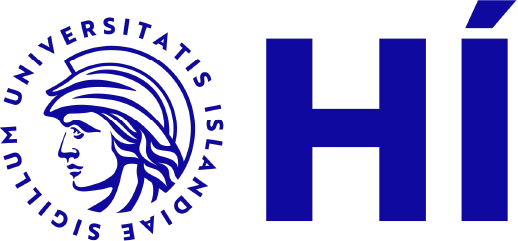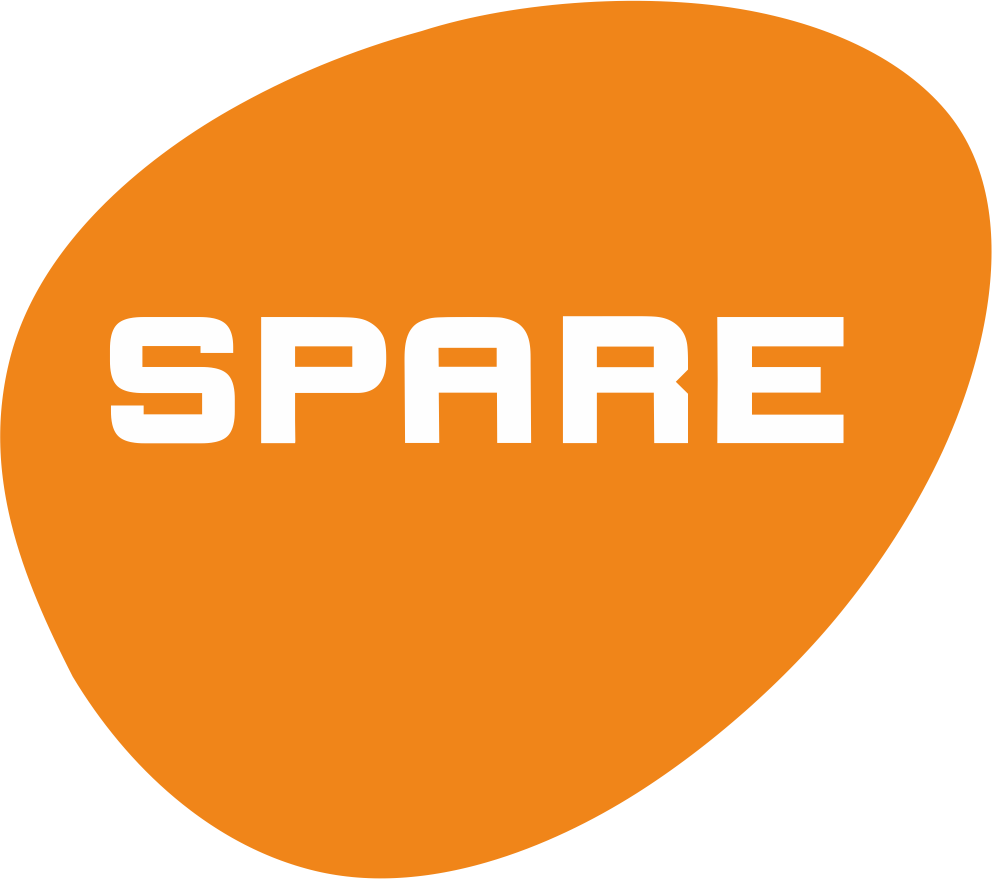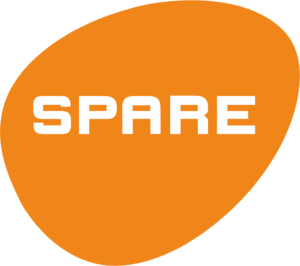Menntavísindastofnun í samstarfi við fræðimenn á Menntavísindasviði er í forsvari fyrir evrópska verkefnið SPARE (Strengthening Parenting Among Refugees In Europe). Verkefnið hlaut Nordplus styrk og er unnið í samstarfi á milli Íslands, Noregs, Danmerkur og Hollands.
Markmið SPARE-verkefnisins er að nýta sannreynd foreldrafærniúrræði til að fyrirbyggja vanda barna á aldursbilinu 2-18 ára og bæta aðlögun allrar fjölskyldunnar í nýjum heimkynnum. Samhliða því að styrkja foreldrana í sínu hlutverki er unnið með þætti tengda áfallavinnu með tilfinningaþjálfun og núvitund.
Margrét Sigmarsdóttir, prófessor við Deild heilsueflingar, íþrótta og tómstunda á Menntavísindasviði, er tengiliður verkefnisins. „Börn innflytjenda eru oft undir miklu álagi og því í áhættu með að sýna aðlögunarerfiðleika á borð við hegðunarerfiðleika, kvíða, þunglyndi og áfallastreituröskun. Þau eru í áhættuhópi með að leiðast frekar út í misnotkun áfengis og vímuefna og eiga oftar í félagslegum erfiðleikum,“ segir hún. Árið 2020 verður þremur foreldrahópum í Reykjavík boðin þátttaka og munu MA-nemar frá Menntavísindasviði taka þátt í verkefninu.
_______________
CANVAS síða fyrir SPARE – til þess að fá aðgang þarf að hafa samband við Margréti Sigmarsdóttur: margr@hi.is
_______________
In English
Fleeing your home and building a life in a new country is a stressful process in which families encounter many challenges. Children run a greater risk of developing adjustment problems such as anxiety, aggression and trouble at school. They need extra support from their parents to find their way and to be able to thrive in this new situation and culture. This can be difficult when parents themselves are adjusting and sometimes are struggling to cope with the aftermath of traumatic experiences. Parents can feel uncertain about their parenting and can have questions about what is expected from them and their children at school and from public institutions.
Aims:
SPARE (STRENGTHENING PARENTING AMONG REFUGEES IN EUROPE) is a program aimed at strengthening parenting skills in refugee parents with children in pre and elementary schools. The goal is to support successful and healthy family adjustment and prevent problems in the process of resettlement. SPARE is based on the well established parenting program Parent Management Training Oregon Model (PMTO®), and influenced by the program After Deployment, Adaptive Parenting Tools (ADAPT) and has been adapted to the specific needs of refugee families.
The parenting components addressed in SPARE are clear directions, teaching positive behavior, recognizing, and responding to emotions, setting limits, active communication, problem solving, monitoring, and responding to children’s emotions. To address the special challenges that refugee families face, SPARE highlights trauma components such as mindfulness and emotional coaching to adapt to possible posttraumatic stress reactions that can influence parenting practices.
SPARE is offered to parents in a group format consisting of 12 sessions. Each session lasts for two hours. Parents meet with specialists in the program (trainers) as well as link workers who help build bridges between the different languages and cultures. In between sessions parents are supported in applying the skills through home practice assignments.The sessions are led by trainers who actively offer the skills through role play, discussions, and brainstorming. The sessions are lighthearted in nature and the trainers create a supportive environment in which differences between cultures are normalized. Parents set goals for their families and trainers help them achieve these goals through applying effective parenting strategies. The focus is on what parents want to pass on to their children and what is needed to succeed in this new environment. Although the strategies are fixed and well-established through research, they are tailored to culture and the European context as well as to the specific families through discussions and practice.








